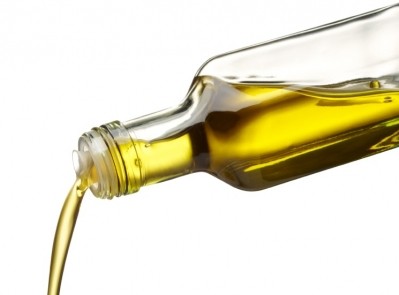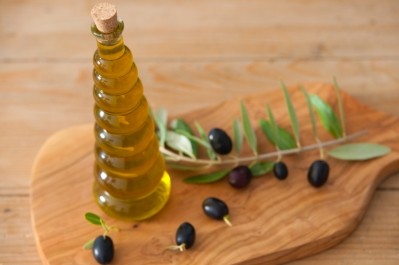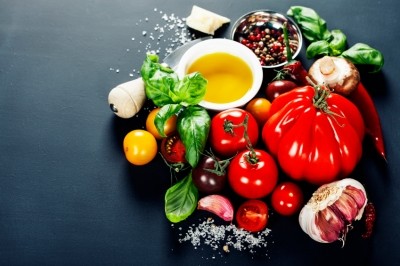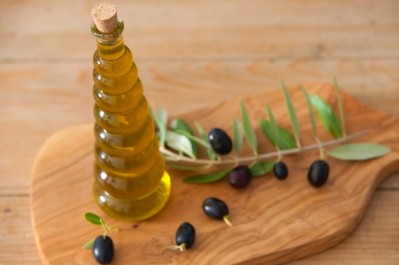EU olive oil producers unhappy with Parliament's show of solidarity for Tunisia
!['[Tunisian] olive oil has been subject to far fewer obligations – particularly environmental obligations – than our olive oil and is in direct competition with our oil,” said French olive producer, Andres Pinatel. © iStock / Z. Luketina](/var/wrbm_gb_food_pharma/storage/images/_aliases/wrbm_large/1/9/5/6/696591-5-eng-GB/EU-olive-oil-producers-unhappy-with-Parliament-s-show-of-solidarity-for-Tunisia.jpg)
The two-year zero-tariff quota of 35,000 tonnes per year will apply for 2016 and 2017, without increasing the overall volume of imports from Tunisia. It was approved by 475 votes to 126, with 35 abstentions at a plenary vote in Strasbourg.
The measure is a show of solidarity to the country whose economy has suffered following the terrorist attacks in March and June 2015, which led to a dramatic drop in tourist numbers. Olive oil is an important crop for the Tunisian economy, representing 40% of the country’s agricultural exports.
Addressing the parliament before the vote, rapporteur Marielle de Sarnez of the Alliance of Liberals and Democrats for Europe (ALDE) party said: “Tunisia has come a long way since the Arab Spring, as one of the rare countries which has truly achieved a democratic transition. Tunisia has been a target of terrorist attacks precisely because it is on its way to consolidating its democracy.
“These attacks had an awful impact on the tourism sector and the wider economy at a time when Tunisians were already battling a tough economic crisis, with a high unemployment rate among young and educated people. This is why it is crucial that the EU should express its solidarity with the Tunisian people. We want Tunisia to succeed, and must help with concrete measures that boost its economy immediately.”
No solidarity despite safeguards
Safeguards were put in place to ensure European producers are not damaged by the measure. These include a mid-term assessment and a tracking clause to ensure all of the oil does genuinely come from Tunisia.
But despite this, the measures have met with opposition from European olive oil producers who say they will be unfairly impacted.
When the proposal was voiced by the Commission last year, chairman of the olive oil working party and French olive producer, Andres Pinatel, said he would make it a priority during his two-year mandate to see the decision abolished.
Speaking yesterday, Pinatel said: “We see that countries such as Tunisia have asked for their import quotas to be increased, and this could contribute to the destabilisation of the market because this brings in olive oil which has been subject to far fewer obligations – particularly environmental obligations – than our olive oil and which is in direct competition with our oil.”
The MEPs also rejected the possibility of extending the measure beyond two years.
The trade committee will now take the text to the Council to negotiate over the final text.
The European Union is world’s biggest producer, consumer and exporter of olive oil. In the past five years it has produced 69% of the world's olive oil and exported 65% of it, according to EU figures.
Spain is the biggest producer (835,000 tonnes) but statistics from the Tunisian Ministry of Industry, Mines and Energy state Tunisia overtook Spain to become the top olive oil exporting country in the world for the 2014/2015 season.
After Spain, the biggest producing countries in the EU are Greece (300,000), and Italy (220,000).





















